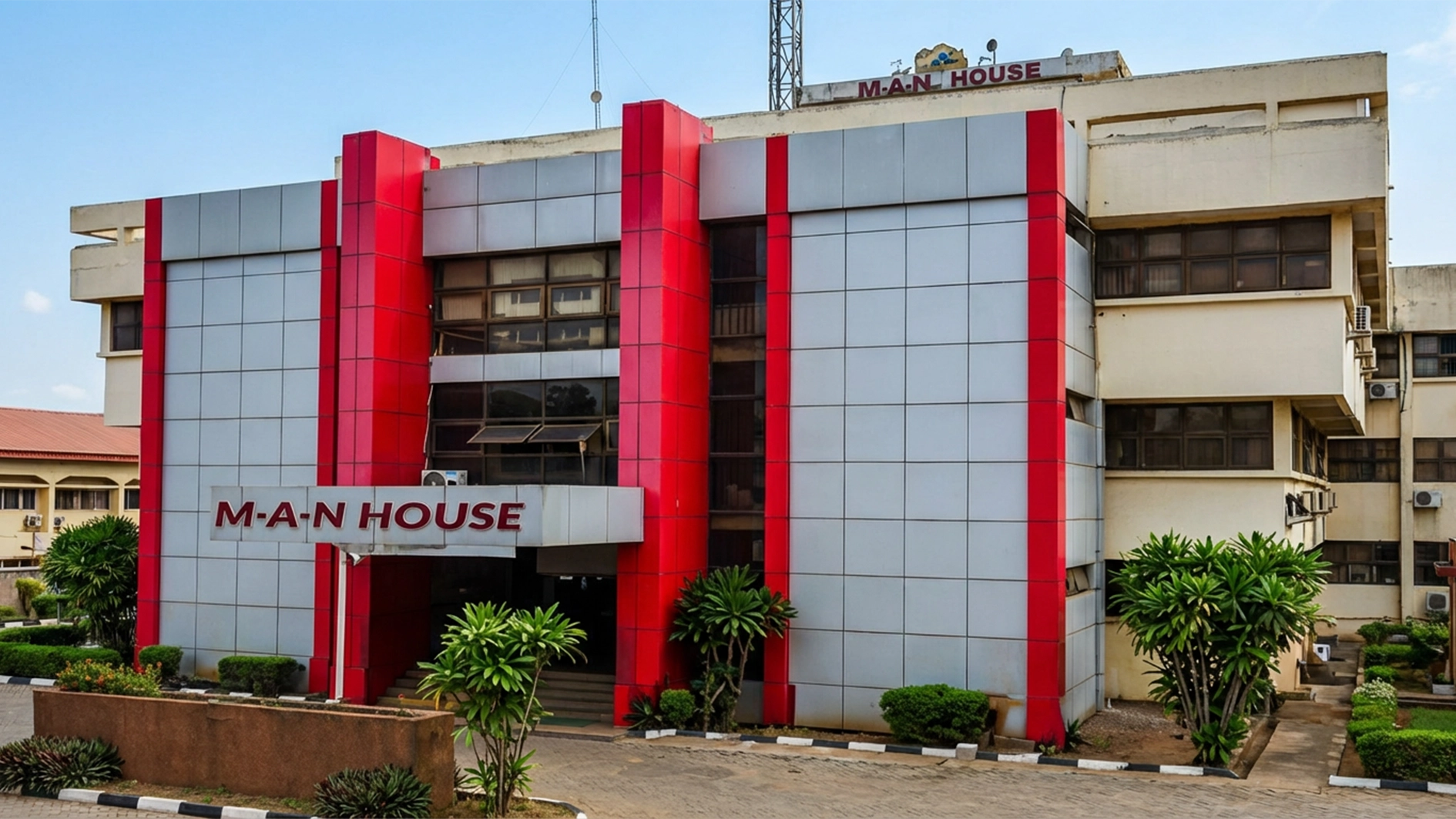
As the Federal Government explores innovative options for infrastructure financing, cement manufacturers have advocated a cultural shift in the way roads are being constructed as part of measures to ensure cost management and sustainability of projects being executed.
According to operators in the industry, embracing a cultural shift in road designs and construction will aid local content development and improve capacity utilization in the cement-manufacturing sector.
Advocating the need for concrete roads considering the pressure on the roads, the Head, Road Segment, Lafarge Africa Plc, Femi Yusuf stated that concrete remains the most cost-effective road material on the basis of both initial and life-cycle costs when compared to asphalt.
Although there are concerns that that many investors are shying away from investing in major equipment needed to drive the adoption of concrete pavements, Yusuf said the involvement of more stakeholders as well as government support will aid the cultural shift.
Cement manufacturers, especially Lafarge Africa Plc had noted that adopting new solutions for road constructions can save the nation at least over $1 billion yearly on failed road projects.Yusuf explained that road construction in the country should be driven by history of the road being constructed, truck analysis, road usage as well as sustainability profile.
He added that with cement becoming readily available as production capacities of manufacturers increase; adopting concrete pavements remain a viable alternative depending on the road design.“A concrete road lasts for 30 years or more compared to an asphalt road that lasts an average of 15 years before it begins to fail, and the life cycle cost of concrete pavement is lower than asphalt with a ratio of about 6:7,” he said.
According to him, the country already has the product, methodology and the manpower to construct more of concrete roads.Yusuf said Lafarge Africa was working on partnering the Ministry of Power, Works and Housing, the Nigerian Building and Road Research Institute and financial institutions on the way forward.
The Minister of Power, Works and Housing, Babatunde Fashola had at an earlier forum noted that if research and innovations on how to make Nigerian roads durable and long lasting are being carried out by the private sector, the federal government needs to up its game to enunciate programmes and policies that will enable those solutions to translate into positive development.
Earlier, the Chief Executive Officer of Lafarge Africa Plc, Michel Puchercos, said road infrastructure in Nigeria as it stands today cannot adequately support and propel the Nigerian economy in the right direction, stressing that concerns have been expressed about the quality of roads, the maintenance culture, design and innovative construction solutions being deployed in the construction of roads in Nigeria.
He added that to further compound the situation, the federal government’s dwindling revenues at the state and federal levels mean Nigeria must get creative in addressing road infrastructure challenges.
“It is probably the time for a more aggressive public-private sector approach to road construction in Nigeria.“It is a challenge for cement and concrete producers in Nigeria just as it is a challenge for contractors, consultants, financial institutions, development agencies and indeed, all road users. We strongly believe in the need to bring the entire ecosystem together to discuss this all-important issue”, he said.






